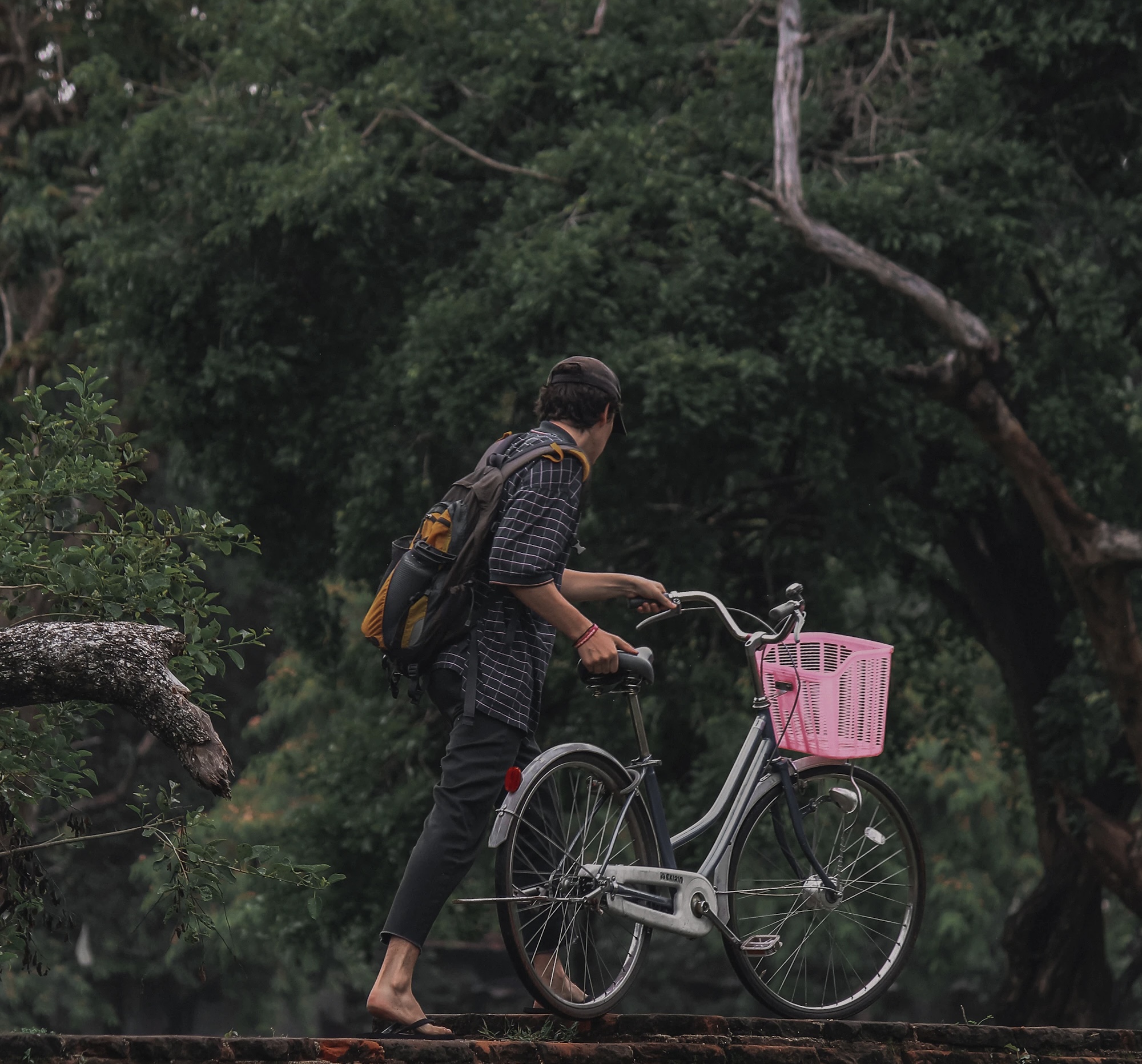Victims, injuries and traumas: Colombo against bullying in universities
The government and school authorities decided to crack down on the practice of "ragging", widespread in the country's universities. A phenomenon that causes thousands of school dropouts every year, but the most vulnerable struggle to overcome physical and psychological violence. The testimony to AsiaNews of three victims who still suffer from the disabling effects today.
Colombo (AsiaNews) - Road blocks, access surveillance and tight controls in the country's state universities. The Sri Lankan authorities have cracked down on bullying (ragging), which in the Indian sub-continent (Sri Lanka, India, Bangladesh and Pakistan) identifies the so-called "initiation ritual" at the entrance to institutions in the first year.
Of course, university leaders could invoke specific laws such as the Prohibition of Ragging and Other Forms of Violence in Educational Institutions Act number 20 of 1998, but so far it has not been enough to stem an increasingly widespread practice.
The code defines "ragging" as a crime punishable by law, also because it can have dramatic effects. In fact, it does not only fuel the university dropout of thousands of students every year as confirmed by Barana Jayawardena, president of Futa (Federation of University Teachers Association).
In the worst cases, it pushes some - and not just the most fragile - to suicide because they are unable to overcome the trauma they have suffered. Students report that in some universities there are even "torture chambers" used for the practice, with very serious mental and physical outcomes.
The issue came back into the spotlight recently, when the Supreme Court ordered universities and the Inspector General of Police to submit reports on bullying incidents and investigations conducted into cases reported over the past three years.
The directive was given during the discussion of the complaint of a graduate student from the Faculty of Management of the Sri Jayawardenepura University, who on 5 March 2020 had been the victim of an episode during a party organized by the students, resulting in almost fatal injuries.
Charuni Ileperuma (29 years old), Prasanna Wijesekera (28) and Nimantha Punchihewa (26) are originally from Mirijjawila, in Hambantota, Southern Province. The three are former students of Ruhuna University and want to share with AsiaNews the violence they suffered in the past, from which they suffered in the following years.
“We (freshmen) were taken to different places after classes and abused for hours. When we went to the campus restaurant to have lunch, the elderly - says Charuni - poured buckets of stinky water mixed with waste on us and we were beaten because we refused to eat contaminated food."
The story continues with the violence suffered during the night, when “we were woken up and I was asked to crawl onto a chair. Since I was stuck inside the chair and couldn't get out, they dragged me out. I screamed and lost consciousness. I was hospitalized for several months. The doctors told me that the bones were damaged and I am bedridden. My parents are farmers and my mother stays at home to take care of me since I am an invalid." Prasanna and Nimantha also suffered similar abuse: they jumped from the second floor of their hostel and now walk on crutches.
According to the Minister of Higher Education Suren Raghavan "even if laws are created and political decisions are made, the desired result cannot be achieved" without the collaboration of all the actors involved, from the heads of the institutes to the teachers, up to the students themselves .
“In the last eight months - he continues - we have worked on the creation of a national anti-bullying committee composed of 10 members” which includes government representatives, human rights activists, police forces and the Witness Protection Committee. Because, he warns, it will be essential to "guarantee protection for victims".
Nishantha Samarasinghe, a former police officer, comments: “The leniency of the university authorities, the reluctance of the victims to file and pursue complaints, the reluctance of the witnesses and the lack of support for the victims from the management of the universities are obstacles” in the fight against bullying. And police stations do not encourage reporting because they often record cases of bullying as "minor crimes".







.png)










